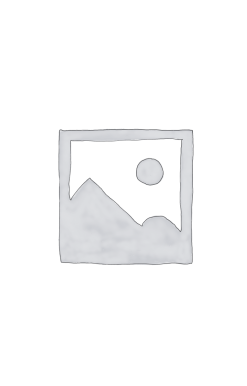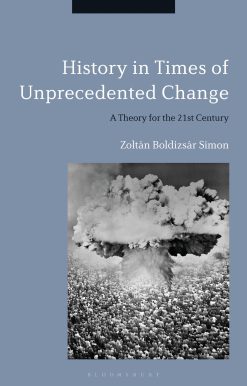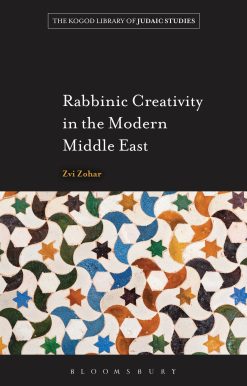
The Radio
10.00 JOD
Out of stock
Description
Shortlisted for the 2017 T. S. Eliot PrizeIn her fourth collection, Leontia Flynn rehearses and resolves the concerns and forms of previous books, beginning with a sequence written in the aftermath of her father’s death from Alzheimer’s disease and during the care of her daughter in infancy. Moving on to explore the constructed nature of childhood, via a long poem imagining her mother’s experiences in Northern Ireland during the Troubles, and in an elegy for Seamus Heaney, the poems also seek to contrast the isolation and privacy of an experience of family life with increasingly pervasive and relentless digital technologies. Drawing on a range of other voices and literary exemplars, including a tradition of verse drama and dialogues, and particularly Plath’s ‘Three Women’, The Radio sees writing poems as a communication that begins with an act of interior listening, for sounds and forms, and to personal sources of meaning. The Radio explores the pressure the interior life faces from both the usual quotidian struggles and the new stridency and quick-fire certainties of virtual communication. Showing her superb mastery of form, Leontia Flynn’s poems are fragile, funny, observant and engaging – reminding us, once again, of her originality and importance.
Additional information
| Weight | 0.101 kg |
|---|---|
| Dimensions | 0.5 × 13 × 20 cm |
| by | |
| Format | Paperback |
| Language | |
| Pages | 80 |
| publisher | |
| Year Published | 2017-11-9 |
| Imprint | |
| Publication City/Country | London, United Kingdom |
| ISBN 10 | 1787330087 |
| Review Quote | Shortlisted for the T.S. Eliot Prize, The Radio is an outstanding book from a poet who is not only one of the best writers of her generation but who seems, more and more, to be the voice of that generation. |
| Other text | Leontia Flynn’s The Radio sees one of Northern Ireland’s most assured voices continue her engagement with the alchemy of form in an effortlessly contemporary manner, indeed driving the thought thrillingly through longer stanza forms, including a brilliant elegy for Heaney. Theexposure of family, and its intimate matrix of the generations, to the equal threats of history and human frailty is played out in work with an intense sense of place and moment. |




